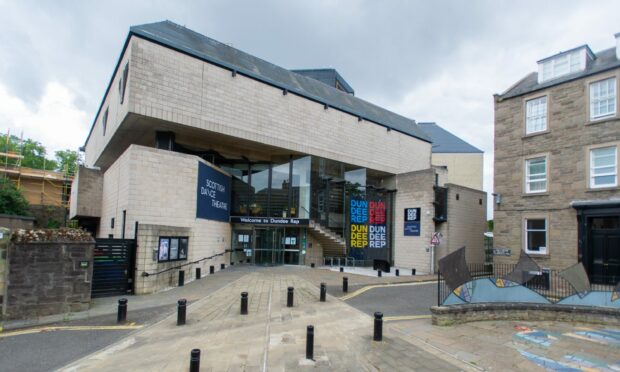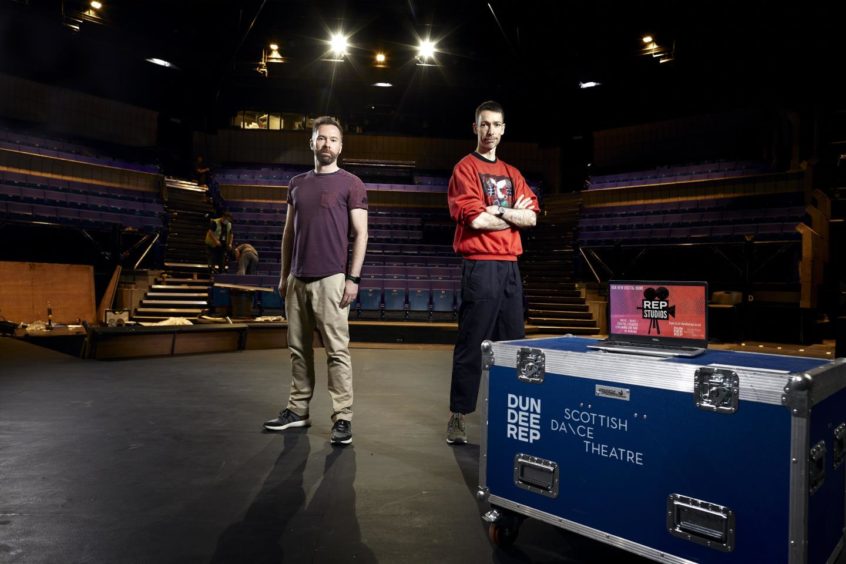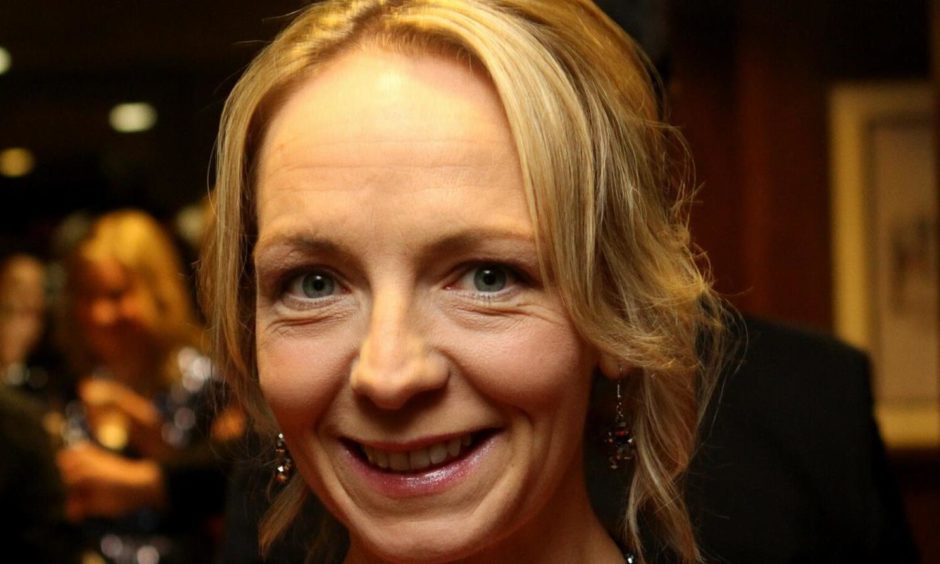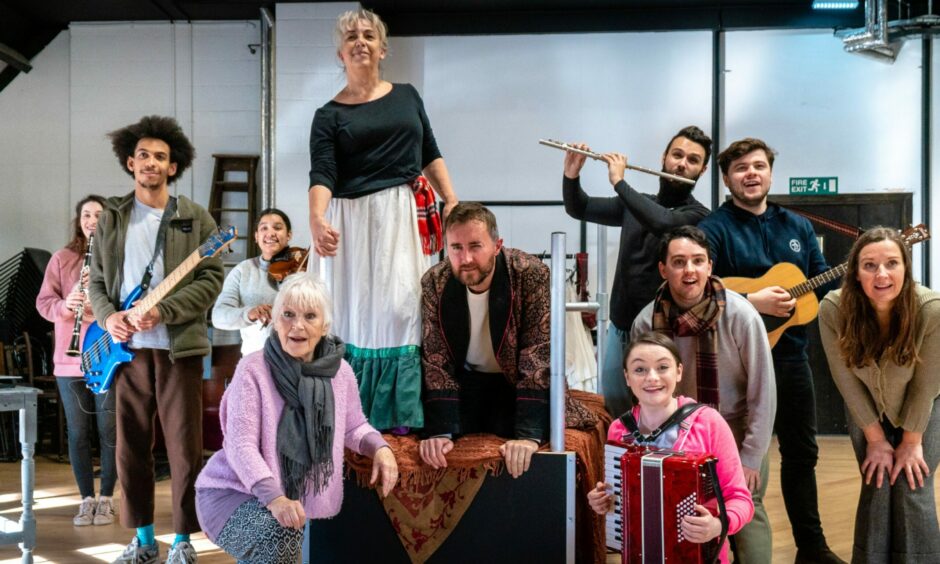Dundee Rep recorded its highest ever profits in the financial year its doors were completely closed.
The city centre theatre stopped all audience performances from the onset of Covid in March 2020 until September last year.
But, surprisingly, this has led to record profits reported to Companies House.
Ticket and programme sales dropped to just £42,000 in the year to March 31 2021 compared to £900,000 in 2020. Theatre lovers paid to watch some shows online.
However, the vast majority of the Rep’s income does not come from tickets, but from grants and donations. These increased during the pandemic.
Creative Scotland provided almost £2.5m while Dundee City Council gave £318,000 in the financial year.
Other donations were above £100,000 and finances were further boosted by more than £600,000 in furlough payments.
Meanwhile the lack of live performances meant costs fell dramatically, from £4.3m in 2020 to £2.8m last year.
The result is Dundee Rep and Scottish Dance Theatre’s accounts for the financial year show income of £3.6m compared to £4.3m in 2020.
But the charity’s profit were £809,977 – a 45-fold increase from the £17,615 surplus in 2020.
Funders offer good backing to Dundee Rep
Vice chair Lesley Larg said the theatre was fortunate to have good backing.
The venue was closed for 18 months before reopening in September 2021.
She said while the financial period ended well, “significant investment” will be needed to kickstart production and rebuild audience confidence.
Ms Larg hopes that will allow more typical financial modelling to return in the future.
Covid brought a ‘very challenging’ period
Ms Larg said it had been a “very challenging” period, adding the pandemic had a “significant” impact.
Income from concerts and performances fell to £42,068 for the year to March 2021, down from £900,871 the year before.
Ms Larg, who is also managing partner at Dundee law firm Thorntons, said: “The Covid pandemic impacted significantly on our operations and box office income for the entire period.
“There was ongoing uncertainty facing all cultural sector organisations.
Despite the financial challenges, Ms Larg said the board was “incredibly proud” of the “inspiring, innovative and impactful” work produced over the theatre.
Praise for staff’s resilience and future hopes
She also reserved praise for the organisation’s staff.
There was a restructure in 2019 in order to reduce the wage bill, but no staff were made redundant during the Covid-19 pandemic, while obligations to contractors and freelancers were also honoured.
The headcount increased by 20 to 96 during the reporting period.
Ms Larg said: “The resilience and determination of every member of the organisation played a vital role in what was achieved during the period under the wonderful leadership and guidance of our joint chief executives.”
The vice-chair said the board was optimistic about the future.
“We go into the next period with cautious optimism and huge excitement around what we believe is possible,” she added.













